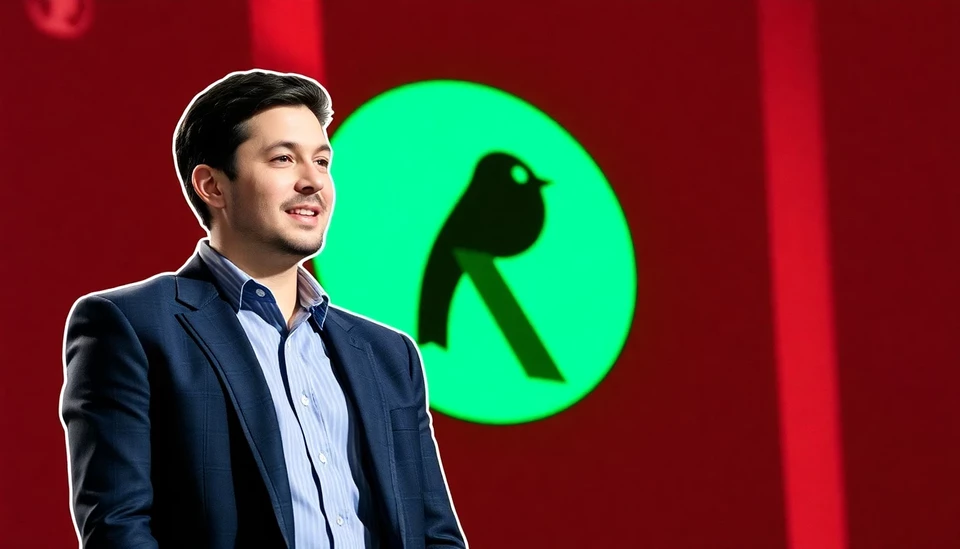
In a significant development for Robinhood, the California-based financial services platform known for democratizing trading, its prediction markets arm has come under the lens of legal scrutiny following the issuance of a subpoena by the Massachusetts Securities Division. This action signals an increased regulatory focus on a sector that has garnered much attention amid the proliferation of online trading and innovative financial products.
The Massachusetts Securities Division is looking into whether Robinhood’s prediction markets, which allow users to bet on the outcomes of events ranging from sports to political elections, are operating in compliance with state laws surrounding gambling and financial services. The concerns arise as prediction markets are often perceived as gray areas in terms of regulation, blending elements of entertainment and trading, which can lead to potential legal ambiguities.
Robinhood's expansion into prediction markets signifies its ambition to diversify beyond traditional stock and cryptocurrency trading. However, this latest subpoena underscores the challenges that come with such diversification in a regulatory environment that is becoming increasingly vigilant about consumer protections and financial integrity.
Regulatory authorities across the United States have been increasingly scrutinizing tech-driven financial platforms, especially those that involve derivatives of any kind. As Robinhood has been at the forefront of online trading, its business practices are likely to face ongoing examinations as both state and federal regulators aim to ensure compliance with existing laws, protect investors, and maintain fair market operations.
The implications of this subpoena could be significant for Robinhood, which has already faced various regulatory challenges and public relations hurdles in the past. Given its controversial reputation following the GameStop trading frenzy in early 2021, any further regulatory complications could impact its public image and operations in the marketplace.
As Robinhood navigates this new challenge, the company has expressed its commitment to transparency and cooperation with regulators, emphasizing its aim to provide a safe and secure trading environment for its users. The outcome of this investigation may influence future regulations pertaining to prediction markets and could set precedents that would affect other similar platforms in the industry.
The world of prediction markets is relatively new, and with Robinhood's high profile, this development may provoke broader discussions about their legal status and regulatory oversight across the United States. Stakeholders in the finance and technology sectors will be observing the unfolding events closely, as they may have far-reaching effects on how prediction markets are regulated in the future.
As more states consider their stance on prediction markets and regulations surrounding them, the conversation is likely to evolve, potentially leading to a more structured framework for these types of financial instruments.
In conclusion, the Massachusetts subpoena serves as a wake-up call for Robinhood and the burgeoning sector of prediction markets, reminding all involved of the careful balance that must be navigated between innovative financial services and the need for regulatory compliance.
#Robinhood #PredictionMarkets #Massachusetts #Regulations #Finance #Trading #LegalScrutiny #Investors #SecuritiesDivision #MarketTrends
Author: John Harris




